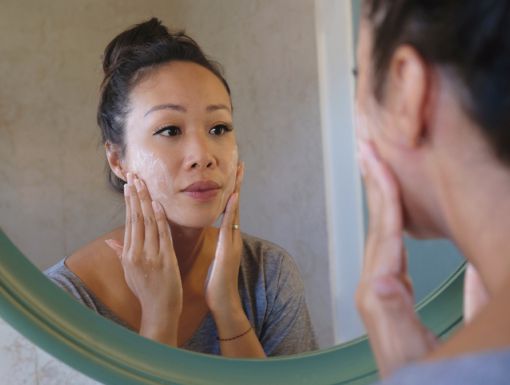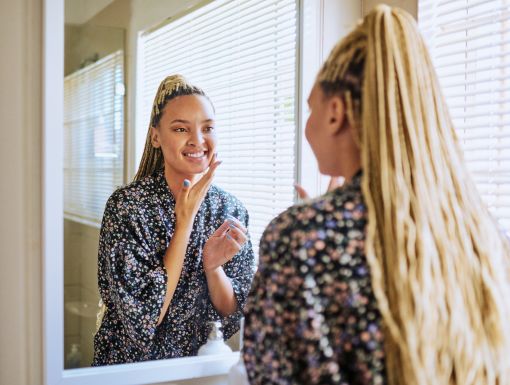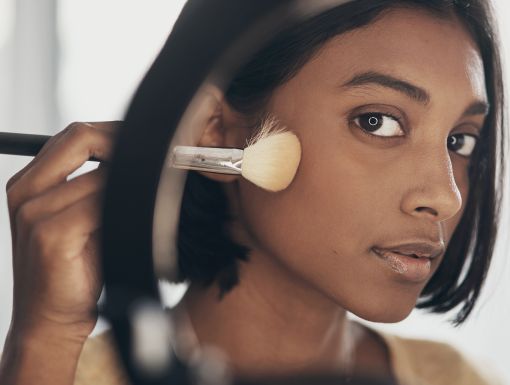
How Quitting Alcohol Helps Your Skin
Consuming significant amounts of alcohol is no way to be friendly to your skin. It results in two things that the human body’s largest organ – the skin - has no affinity for: dehydration and inflammation. These two conditions can rob skin of its healthy glow and send a person in search of serums, creams and Botox in hopes of erasing wrinkles and age lines.
In addition, research has shown that drinking alcohol may increase a person’s risk of getting rosacea, particularly women. And, the question of whether drinking ups our chances of getting skin cancer has been the subject of several studies with varying results.
All of this is not particularly good news in a place like south Louisiana, where passing a good time often involves hitting a bottle of social lubricant. Knowing how cutting back on booze can help peel away a sallow complexion is certainly food for thought.
Alcohol-induced dehydration and inflammation
Alcohol is a diuretic, meaning it promotes water loss from the body through urine. If you have a few beers with those crawfish, you’ll soon find yourself making a beeline for the restroom. That’s because alcohol stymies the production of vasopressin, a hormone that plays a key role in the regulation of the body’s water excretion system.
If you don't drink enough water with alcohol or if you drink on an empty stomach, you can become dehydrated. You may have noticed that many television commercials for alcoholic beverages have begun to promote the consumption of water between drinks to maintain hydration.
When alcohol dehydrates your body, it drains moisture from the skin, along with electrolytes and other nutrients needed to maintain a radiant look. When the skin dries out, it is more likely to wrinkle, sag and create an overall lackluster appearance. It can also cause the pores to be more visible.
The American Academy of Dermatology says research suggests that drinking alcohol may increase a person’s risk of getting rosacea, a chronic inflammatory skin condition that results in blushing or flushing and visible blood vessels in your face. It’s important to note, however, that people who never drink alcohol can also get rosacea. Having it doesn’t mean a person has a drinking problem.
The question of whether alcohol influences chances of getting skin cancer is hard to answer. Several studies have attempted to delve into the issue, with some showing a casual link. According to a report from the Harvard Medical School, the link between alcohol and skin cancer is unclear.
To be clear, how much and what to drink?
If you’re a heavy drinker, research suggests reducing the consumption of alcohol will result in better skin. Often, skin rejuvenation occurs in a matter of weeks. Maintaining a minimal or moderate level on your alcohol intake can help you keep a more youthful look.
If you have any concerns about long-lasting facial flushing or other skin issues, whether or not they are related to alcohol, it’s important to schedule an appointment with a dermatologist for an accurate diagnosis. If you have rosacea, treatment can help lessen the redness and prevent the condition from worsening.
Learn more about dermatologist Aimee Coscarart, MD



